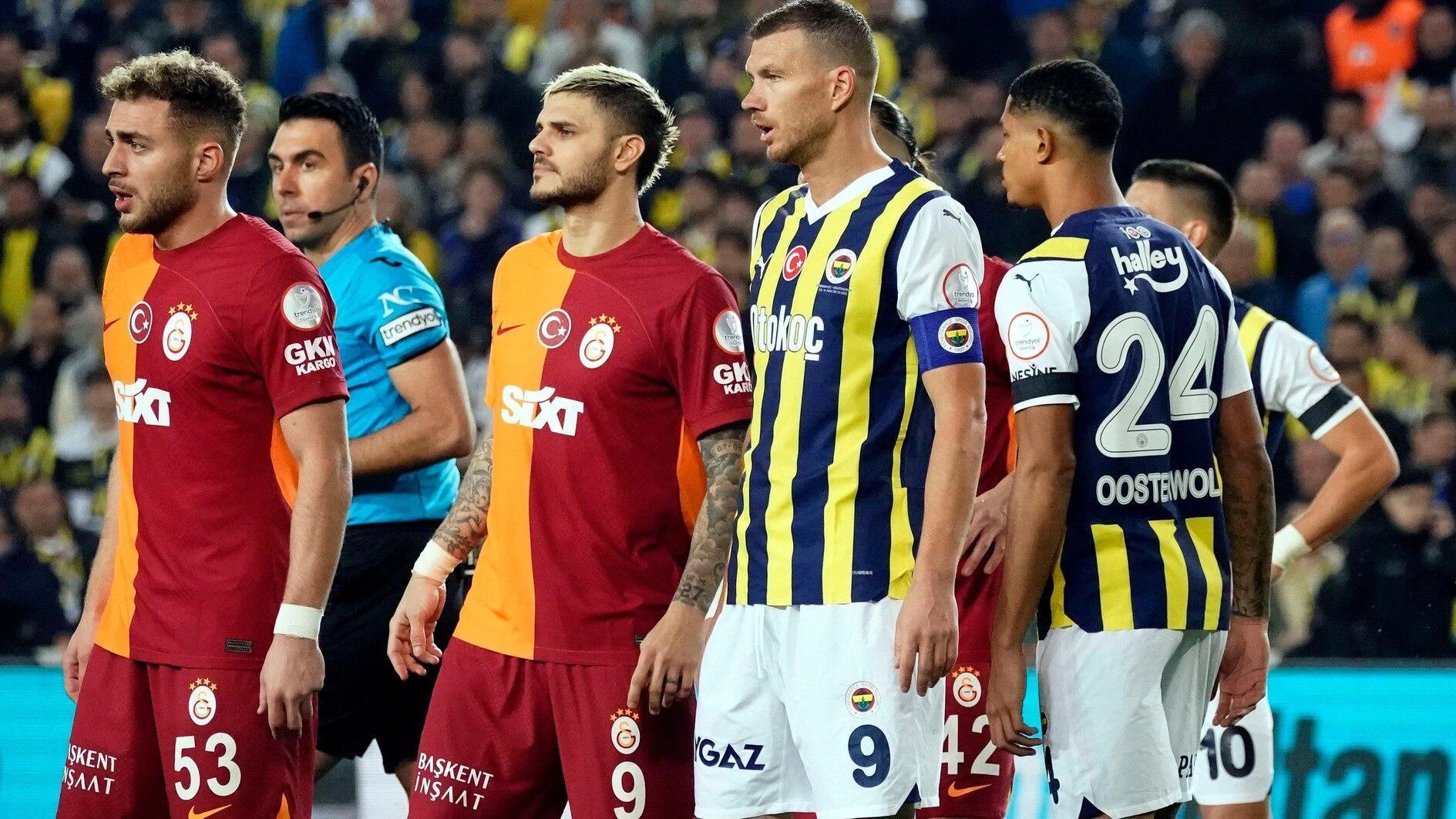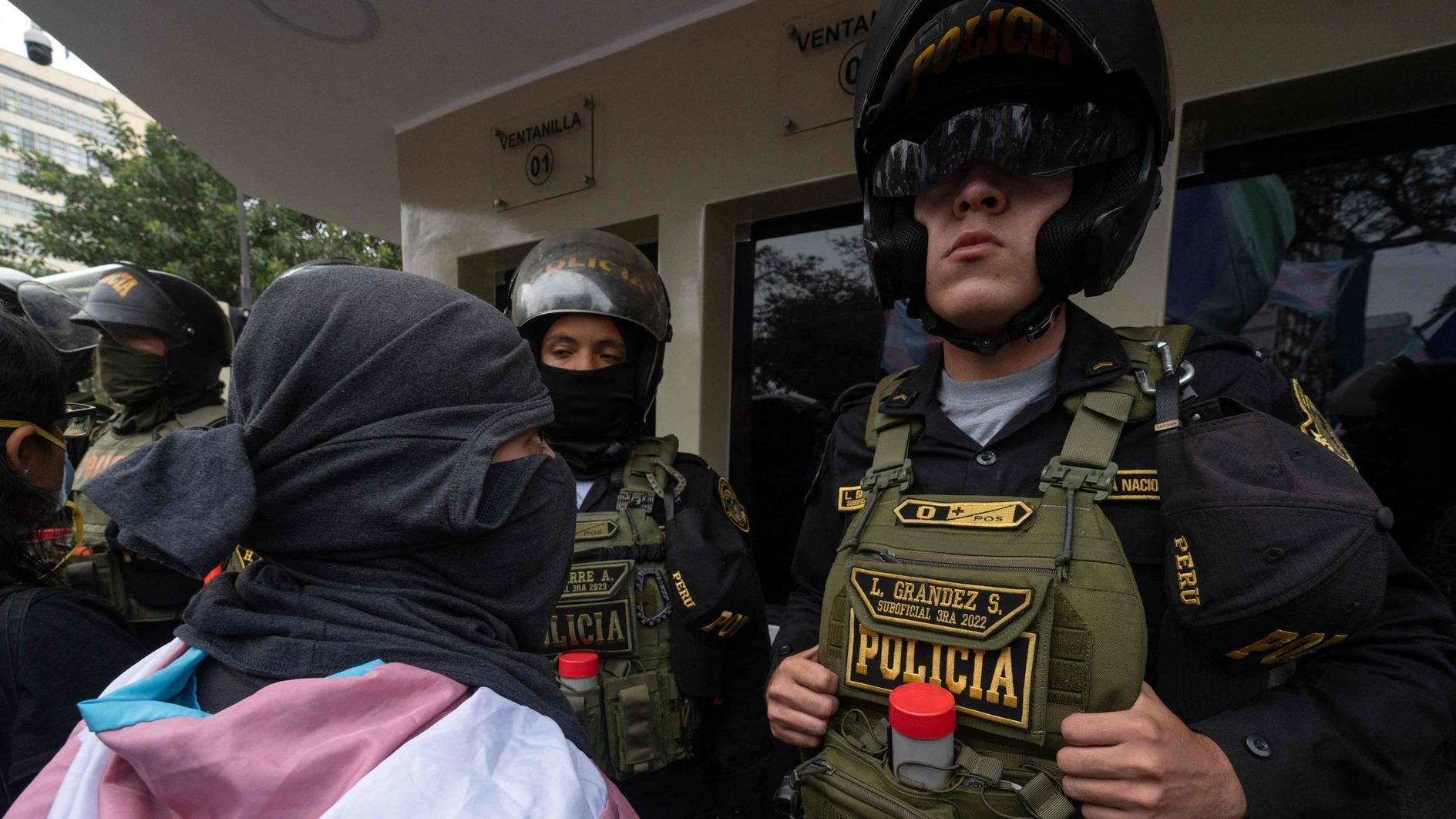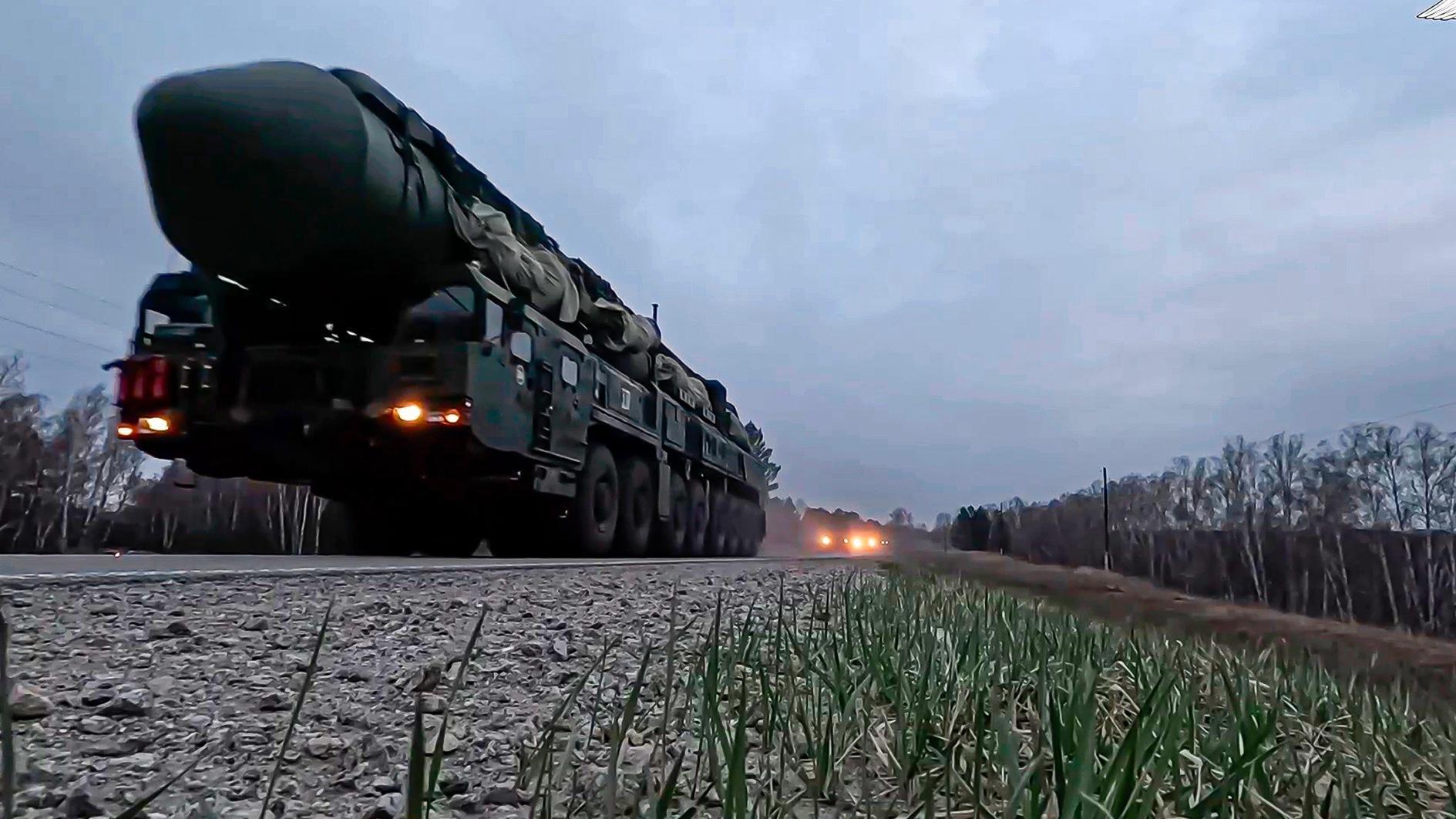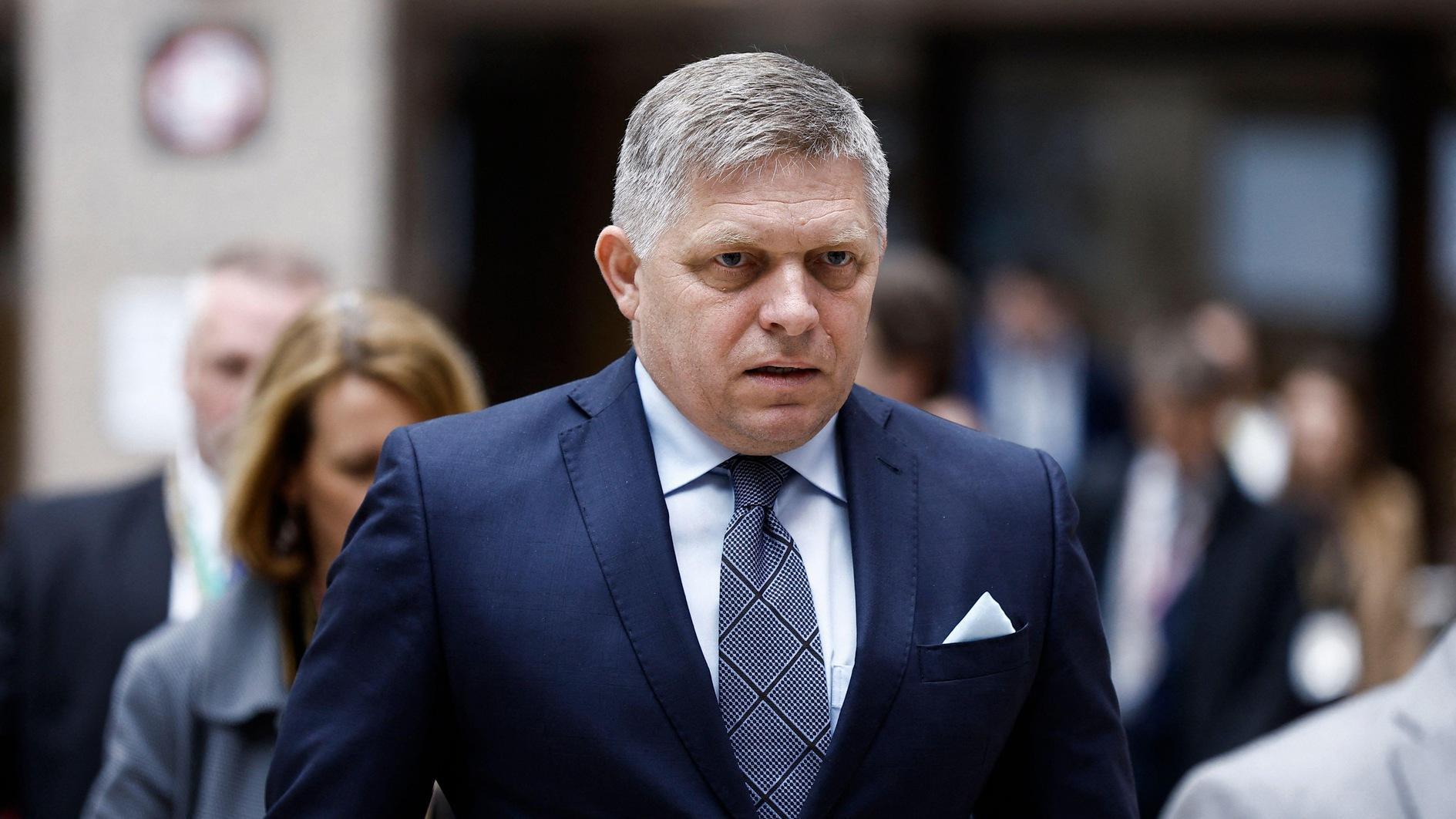Another step toward the end of Kurdish problem in Turkey
The statement by Murat Karayılan, the acting chief of the outlawed Kurdistan Workers’ Party (PKK) based in the Kandil Mountains of Iraq, on April 25 came soon after the National Security Council (MGK) meeting started in Ankara chaired by President Abdullah Gül with the number-one item on the agenda being to put an end to the violence stemming from the century-old Kurdish problem and maintaining domestic peace.
Abiding by the orders of their leader, Abdullah Öcalan, who has been held in İmralı island-jail south of Istanbul since 1999, the PKK central committee has decided to pull out their militants in Turkey, to their bases in neighboring Iraq in order to show their willingness to have a settlement with the Turkish government in the framework of a dialogue process started on the orders of Prime Minister Tayyip Erdoğan, some seven months ago. For a century-old, chronic problem turned into an acute one with Öcalan’s founding of the PKK three decades ago with its armed campaign, which has claimed some 40,000 lives so far, the achievement in such a short time is impressive. That was thanks to the Kurdish problem-focused Peace and Democracy Party (BDP) in the Turkish Parliament, which shares the same grassroots as the PKK. Besides Hakan Fidan, the head of Turkey’s National Intelligence Organization (MİT) being in continuous contact with Öcalan, BDP members in Parliament played a crucial role by talking to Öcalan in prison, delivering his messages and letter to PKK representatives in Iraq, in Europe and of course in Turkey, taking their response back to Öcalan in prison and trying to convince them that this time there was a chance for domestic peace.
There have been attempts before to stop it. In 1993 the chance was wasted when PKK militants killed 33 unarmed soldiers, an action about which there are doubts even today regarding who gave the orders. In 1999, right after the arrest of Öcalan as he left the Greek embassy in Kenya in a joint MİT-CIA operation, the pullout of militants turned into a hunt by security forces, who killed some 500 of them in weeks. In 2009 the talks with the representatives of the PKK with the help of European intermediaries in Oslo failed because of lack of trust and coordination. Then Erdoğan decided to send his intelligence chief directly to Öcalan to cut a deal.
Karayılan said the militants would withdraw from Turkey along the “usual paths” that they have been using for years and are known by the intelligence agency and army. Apparently they will have their guns with them, which puts security forces under pressure since they have valid orders from the government to stop and shoot if necessary when armed people refuse to lay down arms and surrender. That is why the discussions in the MGK following the PKK statement have crucial importance regarding future steps; Erdoğan might have to renew his standing orders to the army and police.
If the pullout is completed without major accident, the next stages could include legal steps to be taken by the government and Parliament that will end with a farewell to arms by the PKK as Öcalan vowed in case of a series of constitutional reforms, which might free him as well.
Perhaps it is early to comment on the future steps from now, but the PKK decision to pull out militants is another step toward the end of the Kurdish problem in Turkey.











